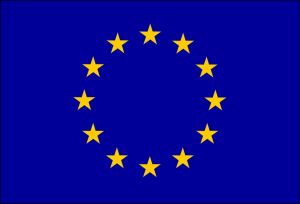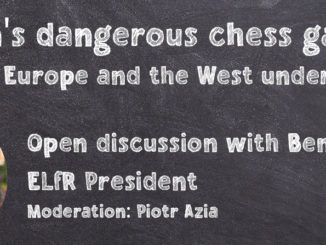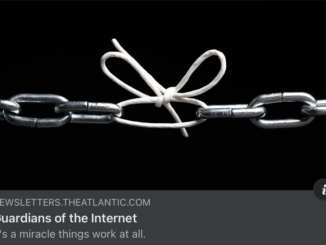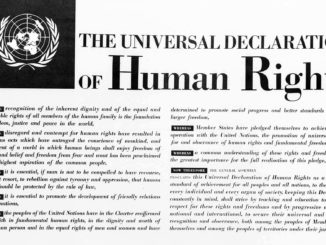
The author of Would a common European language help? discussed the question whether Europe should have a common language.
My take:
Esperanto was a charming idea, except that first French, then English became more popular. English is the de facto lingua franca on a global scale at the moment – whether we want it or not.
English has advantages as a universal language: it’s simpler to learn, without an overly complex grammar, with a very rich vocabulary. It has one drawback: it allows one group of European citizens to avoid any effort to learn a second language and gives them an unfair advantage in the labour market. The initial advantage of the English native speakers, however, becomes a handicap when competing on the labour market with people speaking and writing excellent English as a second or third language.
Schools have a great role to play in spreading the knowledge of foreign languages, but culture and the media have a similar or even greater role to play. The current copyright laws hobble unnecessarily the spread of audiovisual and written material across Europe, as they segment markets by language and country, instead of giving access to all the content across the continent, within the limits of the single market, not just narrow national and linguistic borders. Interestingly, some countries make more effort than others: you can find a lot of content in English on the Spanish television, films and series with the original soundtrack and subtitles, or bilingual versions, with dubbed and original soundtracks available on separate channels. Good luck if you look for foreign content with the original soundtrack or bilingual versions in the UK – it’s very rare.



















